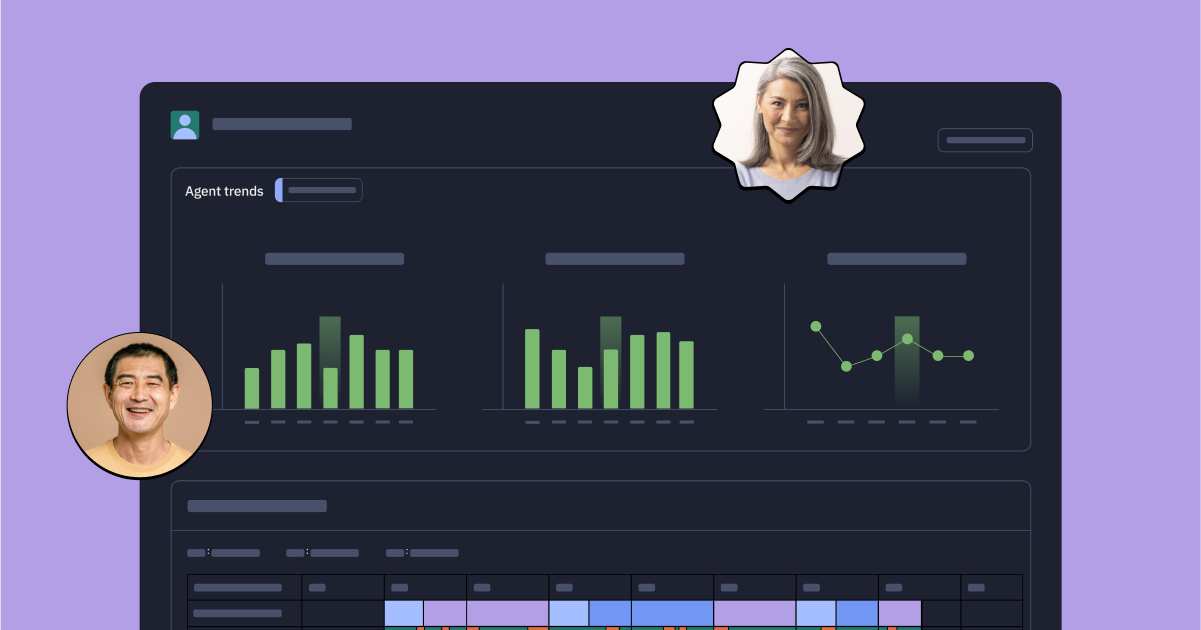In the fast-evolving digital landscape, teams are constantly seeking ways to enhance productivity and streamline operations. As we move into 2025, the demand for workflow automation apps continues to surge. These tools not only save time but also reduce errors and improve collaboration. Below, we explore some of the most effective workflow automation apps that every team should consider integrating into their processes this year.
1. Zapier
Zapier is a powerhouse in the realm of workflow automation. It allows users to connect their favorite apps and automate repetitive tasks without needing to write a single line of code. With over 3,000 integrations, teams can create custom workflows called "Zaps" that automatically move information between apps. For instance, when you receive a new lead in your CRM, Zapier can automatically add that lead to your email marketing platform.
2. Integromat (Make)
Renamed as Make, Integromat offers a visual interface that enables users to design complex workflows with ease. It's particularly useful for teams that need to connect multiple applications and services. With its powerful automation capabilities, teams can create scenarios that trigger actions based on specific conditions, making it ideal for advanced users looking to optimize their processes.
3. Microsoft Power Automate
Microsoft Power Automate (formerly known as Microsoft Flow) is a robust tool for organizations already using the Microsoft ecosystem. It allows teams to automate tasks across Microsoft applications like SharePoint, Outlook, and Teams, as well as third-party apps. The intuitive interface makes it easy for users to set up workflows that save time and improve efficiency.
4. Trello Automation (Butler)
Trello is a popular project management tool, and its Butler feature automates repetitive tasks within boards. Teams can set up rules that trigger actions based on specific events, such as moving cards to different lists or sending notifications. This feature allows teams to focus on their work instead of administrative tasks, making project management more efficient.
5. Monday.com
Monday.com is not only a project management tool but also an excellent platform for workflow automation. Its automation features allow teams to create custom workflows that fit their unique processes. With a user-friendly interface, teams can set up triggers and actions to streamline their work, ensuring that everyone stays on track and deadlines are met.
6. Airtable
Airtable combines the simplicity of a spreadsheet with the power of a database. Its automation capabilities allow users to create workflows that connect their data with other apps. For example, teams can automate the process of updating records, sending notifications, or generating reports, which enhances overall productivity and collaboration.
7. Asana
Asana is another popular project management tool that offers automation features to improve team workflows. With its Rules feature, teams can automate routine tasks such as assigning tasks, changing due dates, and updating project statuses. This allows teams to focus on high-priority tasks while ensuring that nothing falls through the cracks.
8. HubSpot
HubSpot provides a full suite of marketing, sales, and service tools, and its automation capabilities are a game-changer for teams looking to enhance their customer relationship management. With workflows that automate lead nurturing, email campaigns, and follow-up tasks, HubSpot helps teams maintain engagement without the manual effort.
Comparison Chart of Workflow Automation Apps
| App | Best For | Integrations | Ease of Use |
|---|---|---|---|
| Zapier | General automation | 3,000+ | Easy |
| Integromat (Make) | Complex workflows | 1,000+ | Moderate |
| Microsoft Power Automate | Microsoft ecosystem | 300+ | Easy |
| Trello (Butler) | Project management | Limited | Easy |
| Monday.com | Team collaboration | 50+ | Easy |
| Airtable | Data management | 1,000+ | Moderate |
| Asana | Task management | 100+ | Easy |
| HubSpot | CRM and marketing | 1,000+ | Easy |
Conclusion
As teams continue to adapt to new challenges in 2025, workflow automation apps will remain essential tools for enhancing efficiency and productivity. From Zapier to HubSpot, each app offers unique features that cater to different needs. By investing in these technologies, teams can automate mundane tasks, allowing them to focus on what truly matters—driving results and achieving their goals.

